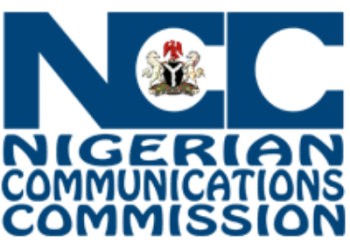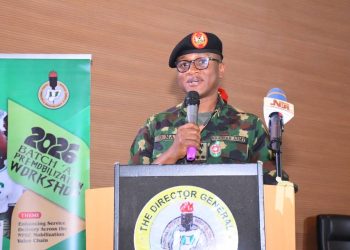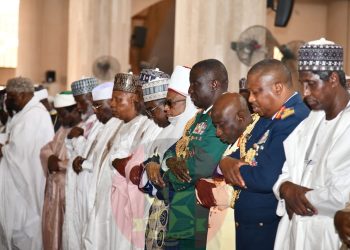By: Mnena Iyorkegh, Abuja
Coalition of Women Political Participation Partner’s working Group, is calling for constitutional inclusion to drive women’s political participation which is a necessary diverse perspectives in decision making and promoting good governance.
The call was made at a coordination and strategy meeting on affirmative action reforms to increase women’s political representation in the ongoing constitution review process in Abuja.
The President of Women in Politics Forum (WIPF), Ms Ebere Ifendu, stressed on the need for Affirmative action to strengthen advocacies, and to effectively influence policymakers in the ongoing constitution review to promote women political participation.
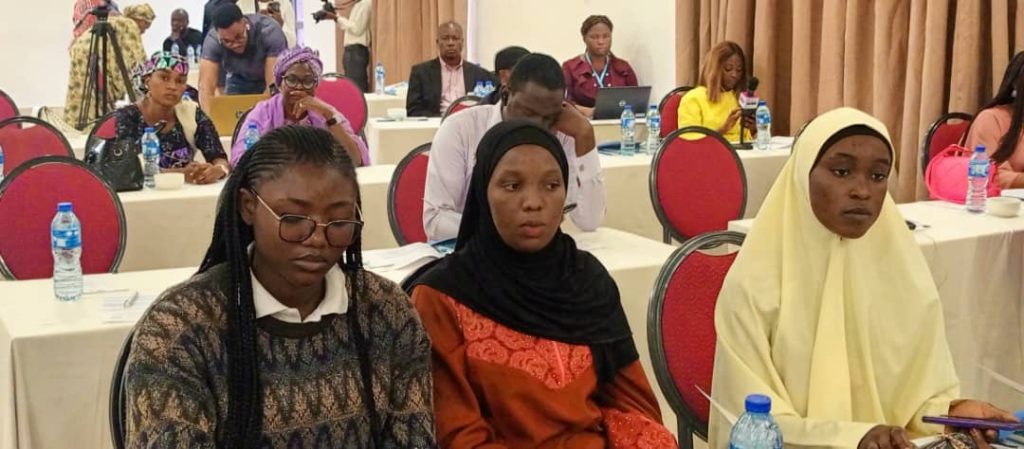
She said “ The Nigeria’s constitution review presents a unique opportunity to rectify the underrepresentation of women in politics. We must seize this moment to create a more inclusive democracy, harnessing the potential of all citizens, regardless of gender. As advocates, we believe that affirmative action is that important tool to address past injustices and ensuring fair representation of women in the political landscape.
we need more participation of women in politics. We need quota system. We need affirmative action because for all the countries that we see have certain percentage of women in governance, it is the legislation. Without legislation, we may not achieve anything.
She added that the meeting, was to coordinate all efforts, including advocacy for the adoption and enactment of reforms to boost women’s political representation in the constitution review process.
“ The current constitutional review process presents a unique opportunity to incorporate GENDERED affirmative action reforms into Nigeria’s legal framework, demonstrating a commitment to equity, equality and inclusivity. As Nigerian women, we went to court and got judgment on the National Gender Policy. And we are saying that since there is judgment, we should begin to work on implementation and then be able to demand for implementation of the court order. We heard that government has appealed. We have not received any notice of such appeal. So, we want to believe that what the law is, as we speak today, is that the gender policy must be respected and it’s talking about 35 per cent affirmative action.”
According to A Senior Advocate of Nigeria and Women Advocate, Professor Joy Ezeilo, it is time to have total inclusion that accommodate and recognises the rights of women, youths and persons with disabilities to participate and be included in governance and decision making in the country .
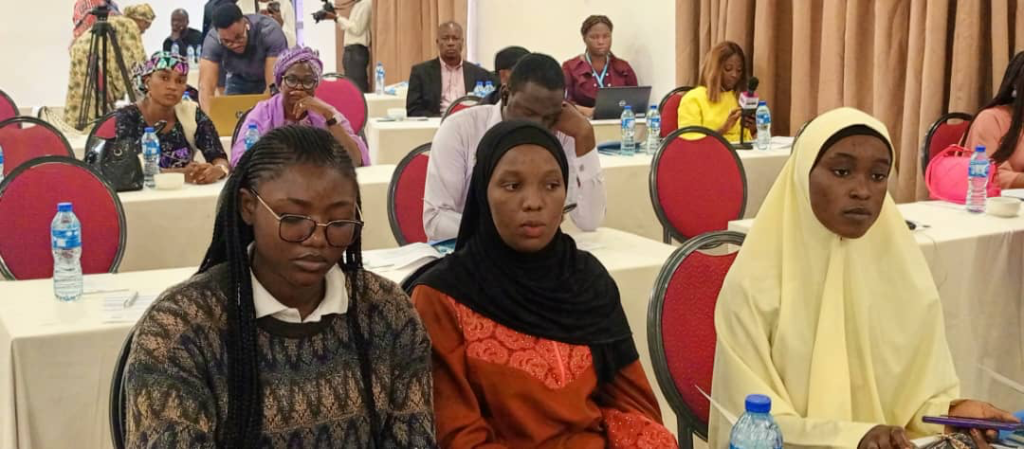
“We are so behind other countries. So, what are we talking about that we cannot operationalise 35 or 30 percent? And we are still talking about something below?. Women should not accept anything below 35 percent of political positions. We went to Beijing in 1995 and it was agreed that at least 30 per cent affirmative action be given to us over 25 years ago. We have to find a way that this constitution becomes inclusive, while addressing other problems in Nigeria. There is also the issue of justice, fairness, equity in application of resources for the greater benefit of all Nigerians. So, it is time to take action to rectify these wrongs of the past and this structural inequalities and discrimination against women.”.
The Former Country Director of ActionAid Nigeria, emphasised on the need to engage the legislature, media, grassroots women and other stakeholders to increase women’s political representation.
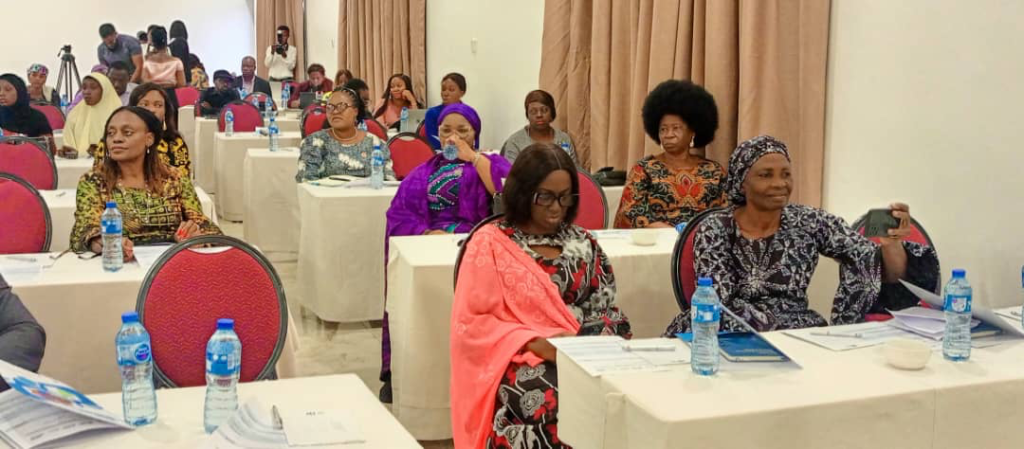
Princess Jummai-Idonije, the Director, Planning and Statistics at the Maryam Babangida National Centre for Women Development (MBNCWD), called for collaboration and commitment from women politicians to increase women in leadership positions.
The Stakeholders urged the 10th National Assembly to operationalise the 35 per cent affirmative action, as observed in other countries and in line with international standards, to promote equity, fairness and justice.
The coordination and strategy meeting, supported by UN Women is to unify efforts among diverse organizations to establish a coordinated programmatic approach that leverages the strengths and resources of each participating organization towards a common goal in advocating for affirmative action reforms to increase women’s political representation.h


